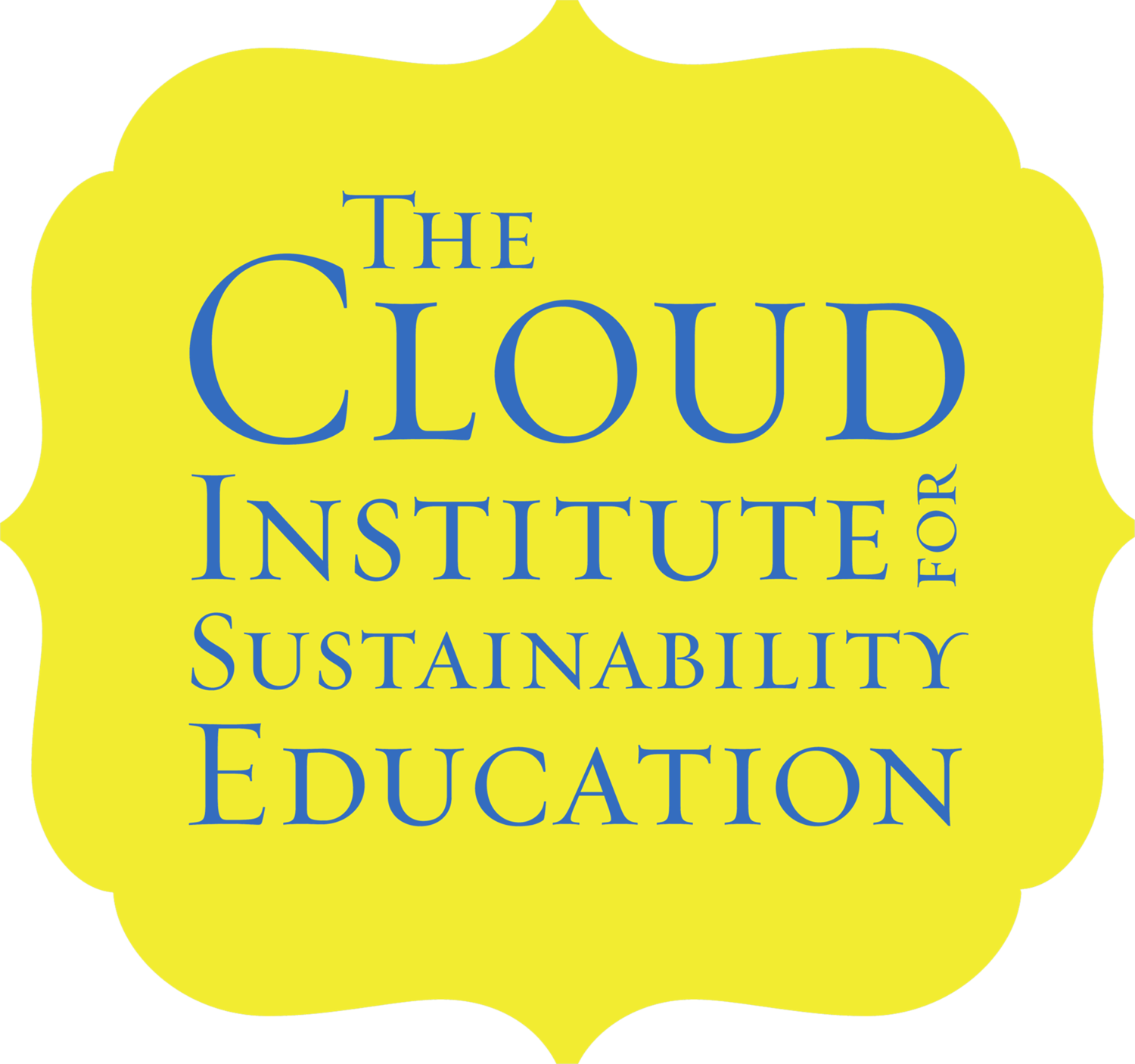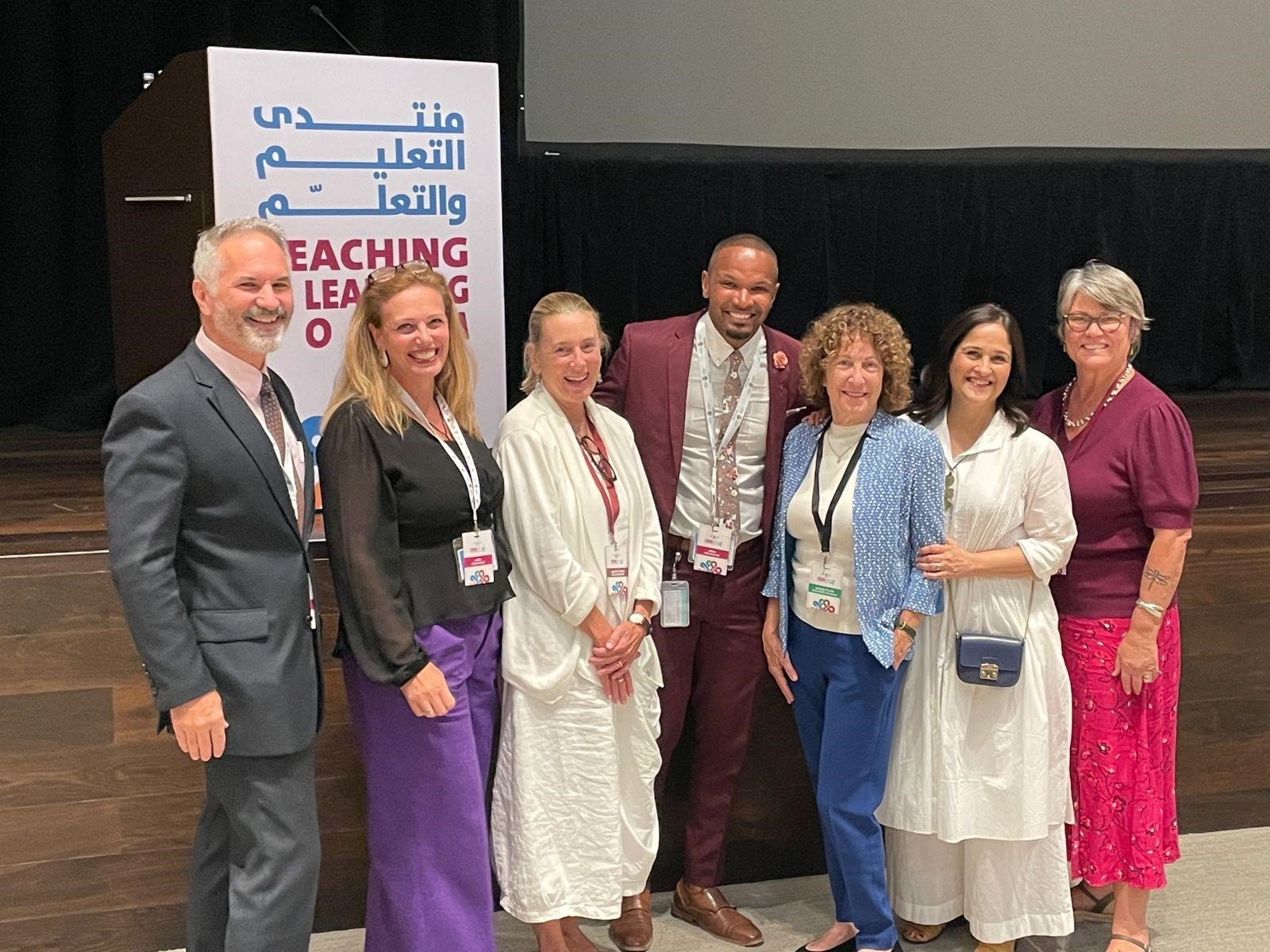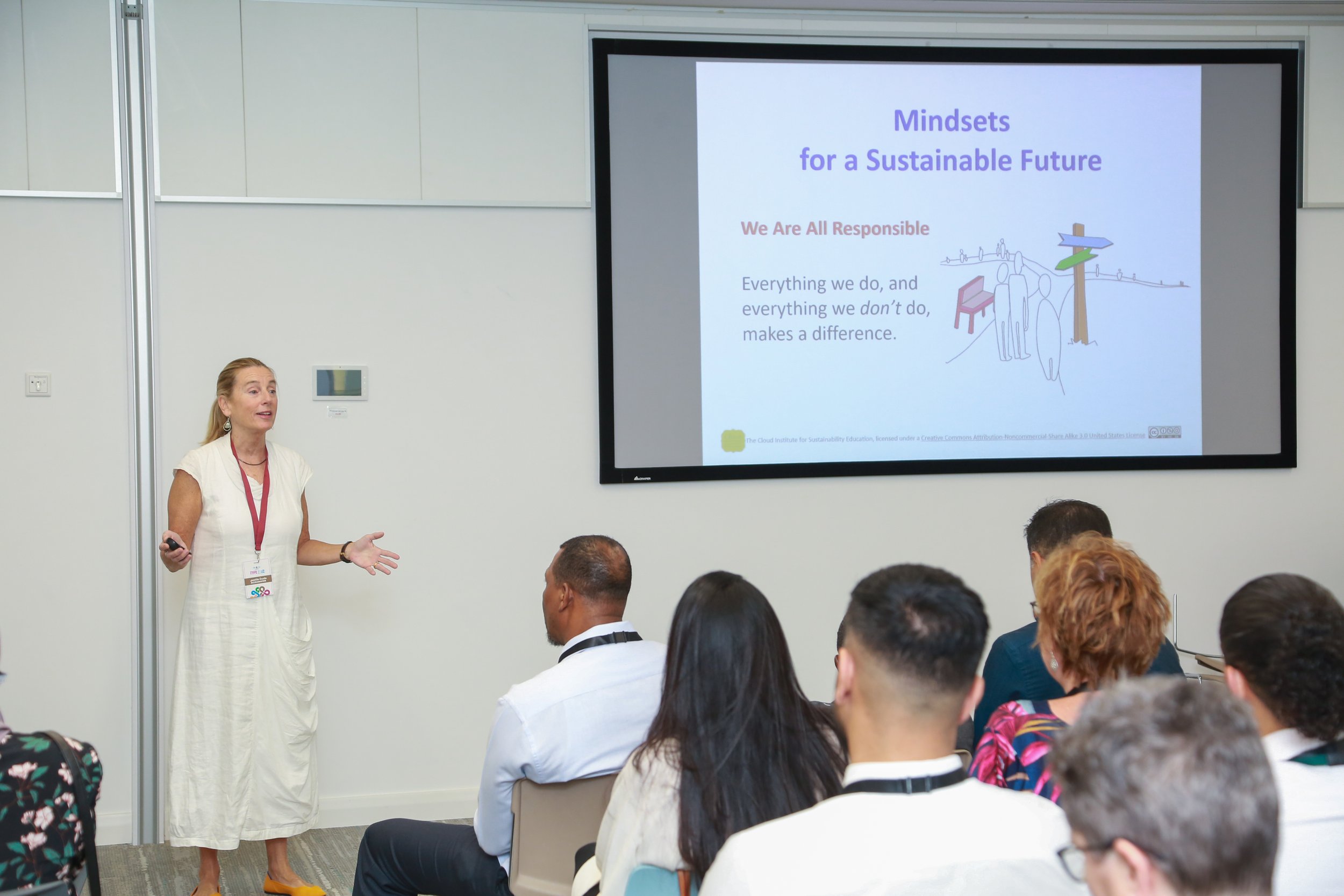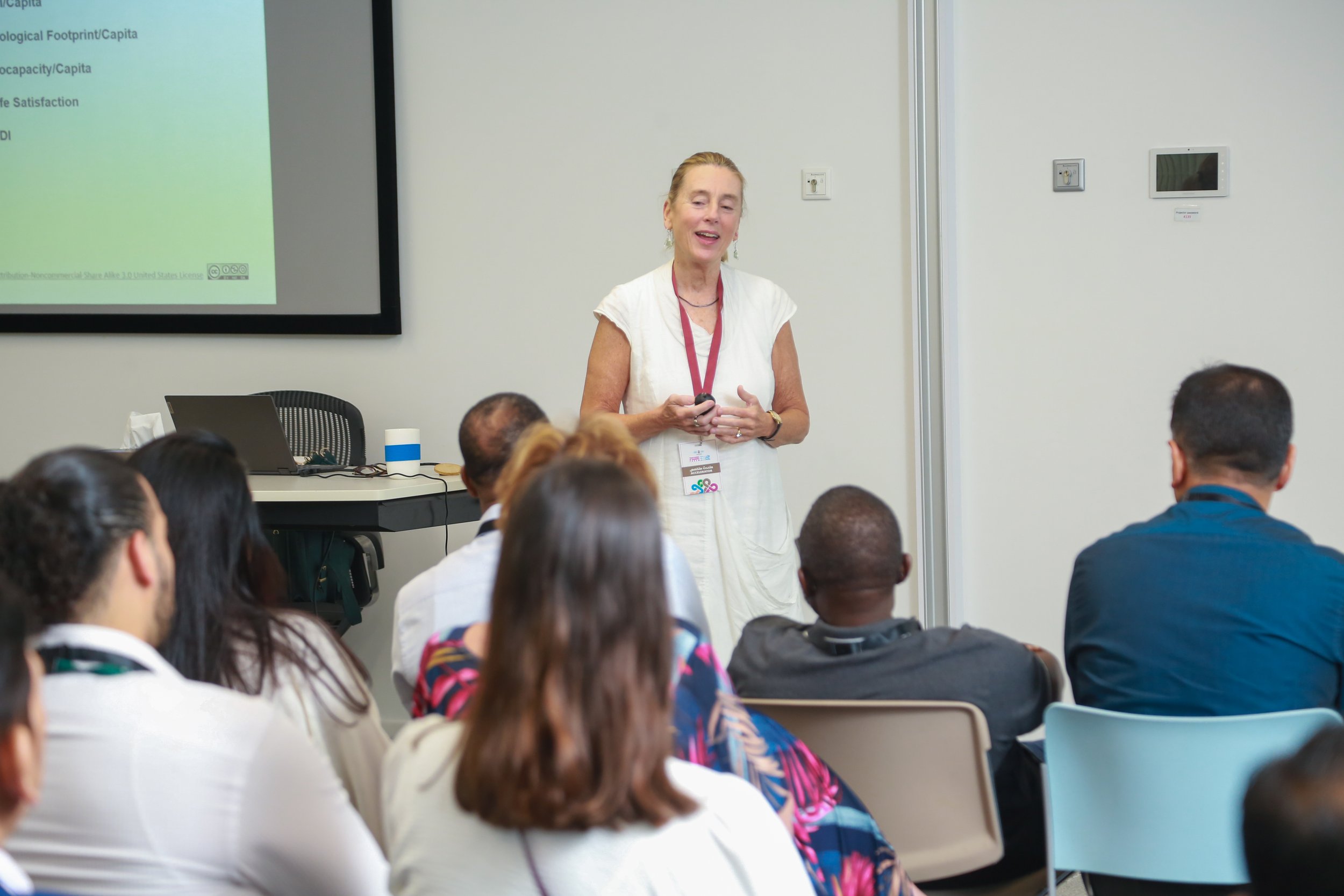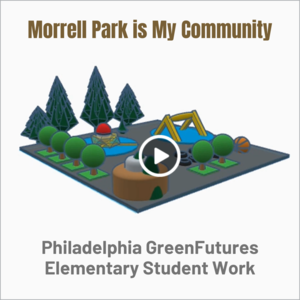Herman Daly, Ecological Economist, Professor, Author, passed away on October 28th, 2022. Herman was one of the first contemporary economists to pioneer the notion of an ecological economic system. His work continues to be instrumental to ours. In 2008 the Cloud Institute received a contract to write a curriculum unit on “sustainable economics” for secondary students called The Paper Trail: Connecting Economic and Natural Systems.
I immediately called Herman’s office at the University of Maryland. I wanted to ask Herman if he would lend us some graduate students as content advisors to help us teach secondary students about ecological economics. Herman’s response was thrilling. He said, “Jaim—I think I better do it myself—because I would like to see how the heck you are going to get this way of thinking to secondary students!”
He and Robert Costanza worked closely with me and the two authors, Win Armstrong, Ecological Economist and Margaret Mansfield, Curriculum Developer and Teacher of Economics to build that exemplar with gusto. I will never forget the generosity, the humility, and the not-so- common-sense with which Herman participated in those design meetings--asking more questions than he answered, and answering our questions with his.
The world will miss a great man and great economist. - Jaimie P. Cloud
Click the link below to read articles by Herman Daly.
